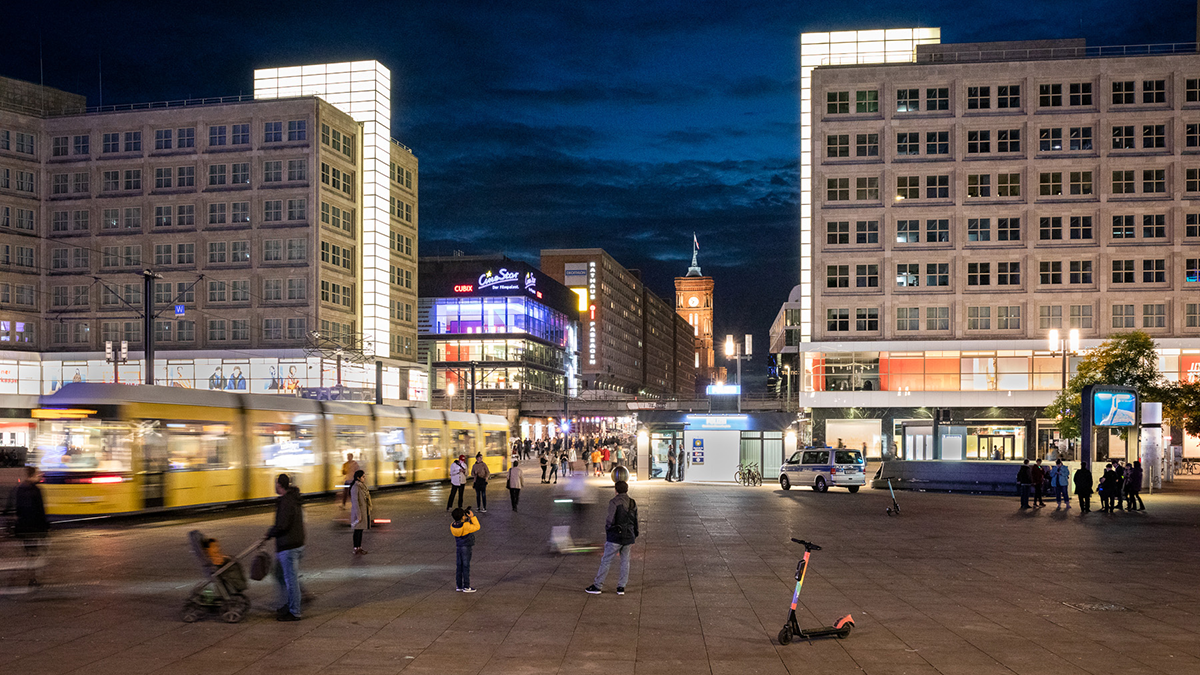
According to the motto “Three Point Project: Demonstrate. Disseminate. Replicate”, innovative urban development concepts are being developed and refined in the Triangulum project and subsequently replicated in different partner cities. The aim is to reduce the energy consumption of buildings and to promote the use of renewable energies. Another goal is to increase efficiency in the field of electric mobility.
Within Triangulum, the cities of Manchester (UK), Eindhoven (Netherlands) and Stavanger (Norway) are characterized by the design or implementation of innovative and comprehensive Smart City solutions. Smart City concepts are implemented, optimized and standardized in these “Lighthouse Cities” and then transferred to other cities - “Follower Cities”. The Follower cities in the Triangulum project are Leipzig (Germany), Sabadell (Spain) and Prague (Czech Republic).
Triangulum has two main areas of development: In addition to the development of a guideline in the form of a “Smart City Framework”, scientists from Fraunhofer FOKUS are developing the SmartCity ICT reference architecture oupPLUS.